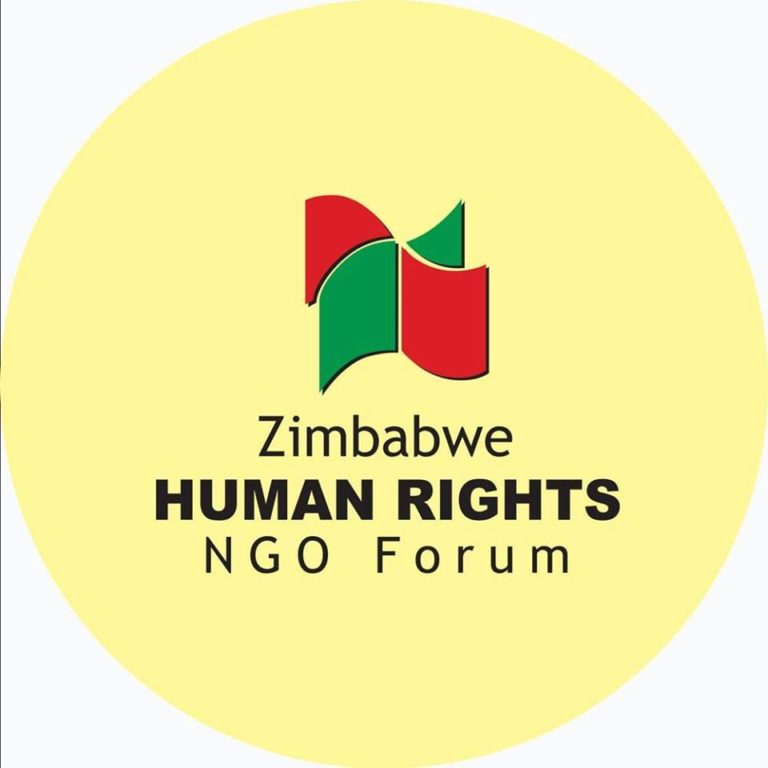The Private Voluntary Organisation (PVO) Amendment Bill, which was passed by Zimbabwe’s parliament on January 31, is seen by critics as a drive against non-governmental organisations (NGOS) championing political rights, greater transparency and accountability in governance and use of national resources.
But the Zimbabwe government says the Bill — which becomes law on being signed by the State President — is aimed at improving financial accountability in the sector and the monitoring of funding so that NGOs don’t get used as channels of money laundering or the promotion of terrorism.
Does the Bill spell trouble for some NGOs?
The Zimbabwe Human Rights NGO Forum fears the government will use the new legal provisions to target its critics in the civil society, especially human rights defenders whose work the ruling ZANU-PF party equates to political support for the opposition movement.
What does the government say about politics and NGOs?
Justice, Legal and Parliamentary Affairs Minister Ziyambi Ziyambi says NGOs working professionally within the law and the agreed mandate have no need to worry, but has warned that the government would weed out those it deemed to be pursuing partisan political agendas behind the curtain of humanitarian programmes.
Are some NGO directors spies for foreign governments?
In a debate in the Senate before the PVO Amendment Bill was passed on January 31, Senator Tichinani Mavetera from Manicaland province accused some private voluntarily organisations (PVOs) of being nests of spies. “Some of the directors of these PVOs are operatives of foreign governments,” he said in a sweeping statement, without giving any details.
The NGO Human Rights Forum has dismissed such accusations in the past as politicking by ZANU-PF figures to justify amendments seeking to control or literally run NGOs, and its crackdown plans against perceived opponents.
Is the Bill timed to cover the Zimbabwe 2023 elections?
The government says it is has tightened the law partly to deal with NGOs being used to funnel money into political parties, against legislation banning foreign funding for Zimbabwean parties.
But it has not publicly shared any details of its suspicions to prove this as fact.
There is no record of organisations or political parties facing court charges of breaking the law on the funding of parties.
How important is the NGO sector in Zimbabwe?
NGOs play a big role in Zimbabwe’s social and economic life, providing humanitarian services such as food aid in times of shortages, support in education, and critically in health — with contributions towards some disease control programmes accounting for up to 80 percent of the budget for decades.
While the Zimbabwe government says it recognises this important contribution, it argues that the country needs strong legislation to deal with errant organisations abusing funds and straying into domestic politics.
Sources:
Parliamentary Hansard
Veritas
Zimbabwe Human Rights NGO Forum
Related
Non-governmental organisations in Zimbabwe
PVO ammendment bill needs a win-win compromise
Zimbabwe’s proposed Logan Act
What does new NGO law say about political involvement
Do you want to use our content? Click Here












